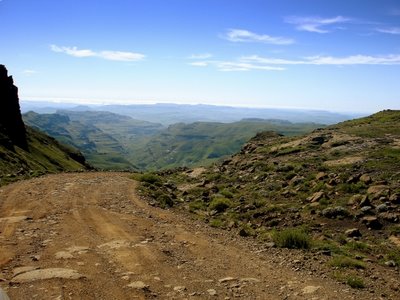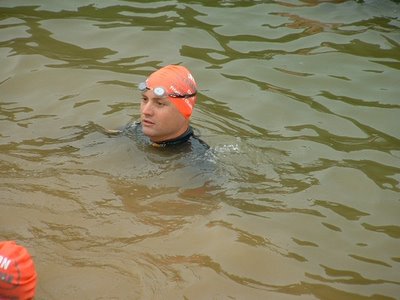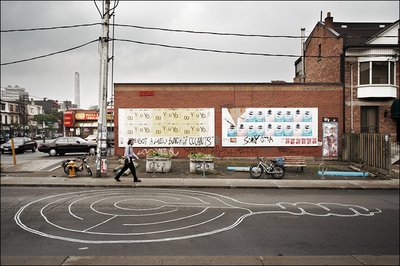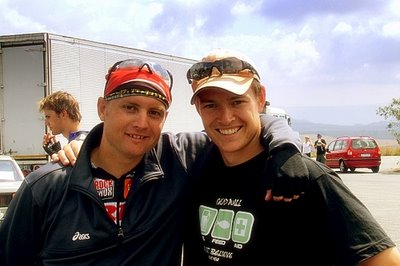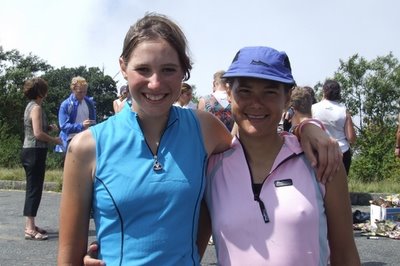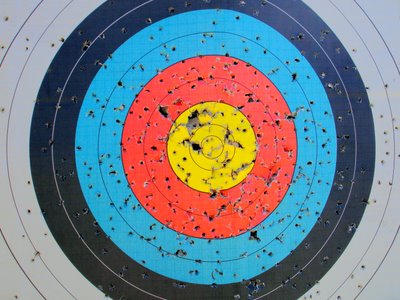
A lot more than you’d think
by Nick van der LeekOnce again there have been calls for new names for all manner of things in our country. From our most important airport, to Potch, to the university I am attending.
I don’t think it is unimportant to occasionally think about names, particularly when it is possible that a place (or person’s) name has undeserved associations, or has become unfashionable or irrelevant. But one has to be careful. Prince did this and then he became known as: ‘the artist formerly known as Prince.’
It seems juvenile to be concentrating on reinventing names over and over again. The country made sweeping changes, so why are we still bothered with it? We have a cricket team named after flowers, and a soccer team with a name their supporters understand. I wonder though, if we changed the name of the Springbuck rugby team to the zebras or the elephants, if this would not make them – psychologically more than anything else – more or less of a threat in international rugby? Would elephants do better in a scrum? Would zebras become a running rugby team?
How successful would Virgin be if Branson had called his record company Island or Gallo? Not bad names, but can you imagine Gallo Atlantic, Gallo Mobile, Gallo Banking, or Gallo Active? Same with Steers. Imagine if it was called Pickles. Can I have a pickles burger please? Actually, hang on, please cancel my order.
And I think Tom Cruise’s real surname is Mapother or something similarly clumsy. George Michael is actually George something-very-different. But the names work in both cases because we get a cool and clear impression of the person from the name.
Where I teach I ask my students to call me ‘Mr. Nick’, and not ‘Mr. van der Leek.’ I have 2 reasons for this. The first is because it’s shorter and simpler, and the second is that I am not Afrikaans, and so, don’t want to be associated with the negative bias that many Africans in the Free State seem to have of the Afrikaner. I’d rather avoid it altogether. Happily, some students now call me ‘Sir Nick.’ Perhaps in time I will be promoted to ‘Saint Nick’. Saint Nick is, after all, the patron saint of children (and perhaps my name played no small part in shaping my fate to become a teacher.
And what about names that are either unpronounceable or embarrassing to pronounce? I know a photographer whose surname is (I promise you) Slettevold. I’m not sure if I have recommended her that often, because when I did drop her name there was always that uncomfortable silence afterwards. Perhaps there are more Sotho students now at the University of the Free State, and perhaps it is fair to change the name to University of Mangaung. When I spoke about this, my black friends kept telling me how to pronounce Mangaung because I was getting it wrong. So I said to them: “If you were from overseas (and there are more and more students from Hong Kong, the Philippines, Korea, Europe and Africa choosing to come and study here), do you think you’d choose to study at a place that you couldn’t even pronounce?”
In South Korea for example, many Korean brands and shops have English names simply because people see English as advanced, and Koreans aspire to western things. Many of these western sounding names do becoming success stories. Toyota very nearly was exported from Japan as Toyoda, and I dare say, Toyoda would have been about as successful as Peugeot (an equally unpronounceable or troublesome brand name).
A name is a lot more important than people realize. Today we give everything names, including our thinking systems (existentialism, nihilism, emotional intelligence, or feminism, or post modernism), our common mindsets (consumerism), and our myriad mental ailments. While in the past you were either ‘ill’ or had a ‘fever’ or were ‘under the weather’, now a vast arsenal of names are available for precise diagnosis. Instead of merely ‘having a cough’ it is now specifically an ‘upper respiratory tract infection’ etc.
If this doesn’t seem particularly noteworthy, consider then that the advances made in science and biology, where every class of living thing has been categorized and sorted into a hierarchical family system, genus with genus, species with species. Stars, craters on the moons, asteroids and planets have all – as far as possible – been either named or numbered. And of course this obsession to ‘name’ something, as though ‘naming’ was the same as knowing, has spread into our own social systems. Now, the first thing we want to know when we meet a person is who they are. “Who is he?” “He’s John.”
Is that who you are? In many cases, it’s enough to suffice. “John will now present the latest reports.”
Our stereotypes are also based on names. Here are some names we give people that will quickly determine whether we might want to associate with them or not:
Passionate pompous confident arrogant fat friendly silly introverted awkward artistic fit fatherly aggressive anti-terrorist elegant criminal slob, rolling in it and weak.
Some of the most far reaching stereotypes have to do with our perceptions of race, gender differences and class. When you describe someone as a rich white woman, that is entirely different than saying: a confident, but slightly awkward person. It’s in this way that ordinary terms becomes names, categories, that we use to quickly label and categorize each other.
Being so dedicated to nomenclature is, naturally, a recipe for becoming ignorant of subtlety, and in the end, of never finding out who or what something or someone really is (in terms of true nature), but only what it is called.
In the end, the names we choose (for ourselves, each other, places and products) still limit our understanding of all these things. So we ought not to get stuck on names. We should choose them carefully, to be sure. Names should be inclusive, not exclusive. When you think about it, almost every religion is actually an expression of an exclusive type. “Oh, he’s Jewish.” “Yes, and she’s a Catholic.” “They’re Buddhists.” In almost every case, you will immediately either feel allied to this group, or have a built in sense of being excluded (alienated from them).
This culture of nomenclature tends to inculcate the dividedness we see in society. We are still a bunch of tribes swarming through the cities, and sticking to our own symbols and stuff.
Our thinking has become characterized by naming things, and when we make the names more important than what they actually are, we invest in cages and categories, boundaries and boxes for people and things. When we focus as much as we do on the names we have for ourselves, and others, we ask the universe to impose limits on ourselves and others. When you ask for limits, they are yours.
From: "Dave Southwood" <
dave@travelafricamag.com>
Subject: Re:
Date: Thu, 17 Aug 2006 19:10:28 +0100
To: "Nick v d Leek"
lets read it and see... Difficult because it relies on public transport not just footing it, did you go via West Africa or East, East is the easy route , so West would have the interest factor, unless you went VIA Somalia, a short side visit to Mogs(Mogadishu) last reporters who went there never came back. Airports safe though, 50 kms from town.
let me know, will read it and give you my thoughts..





